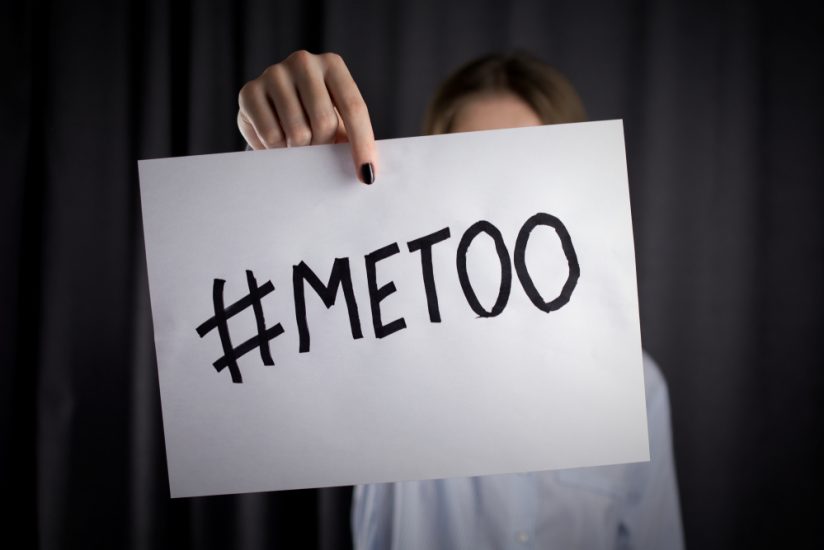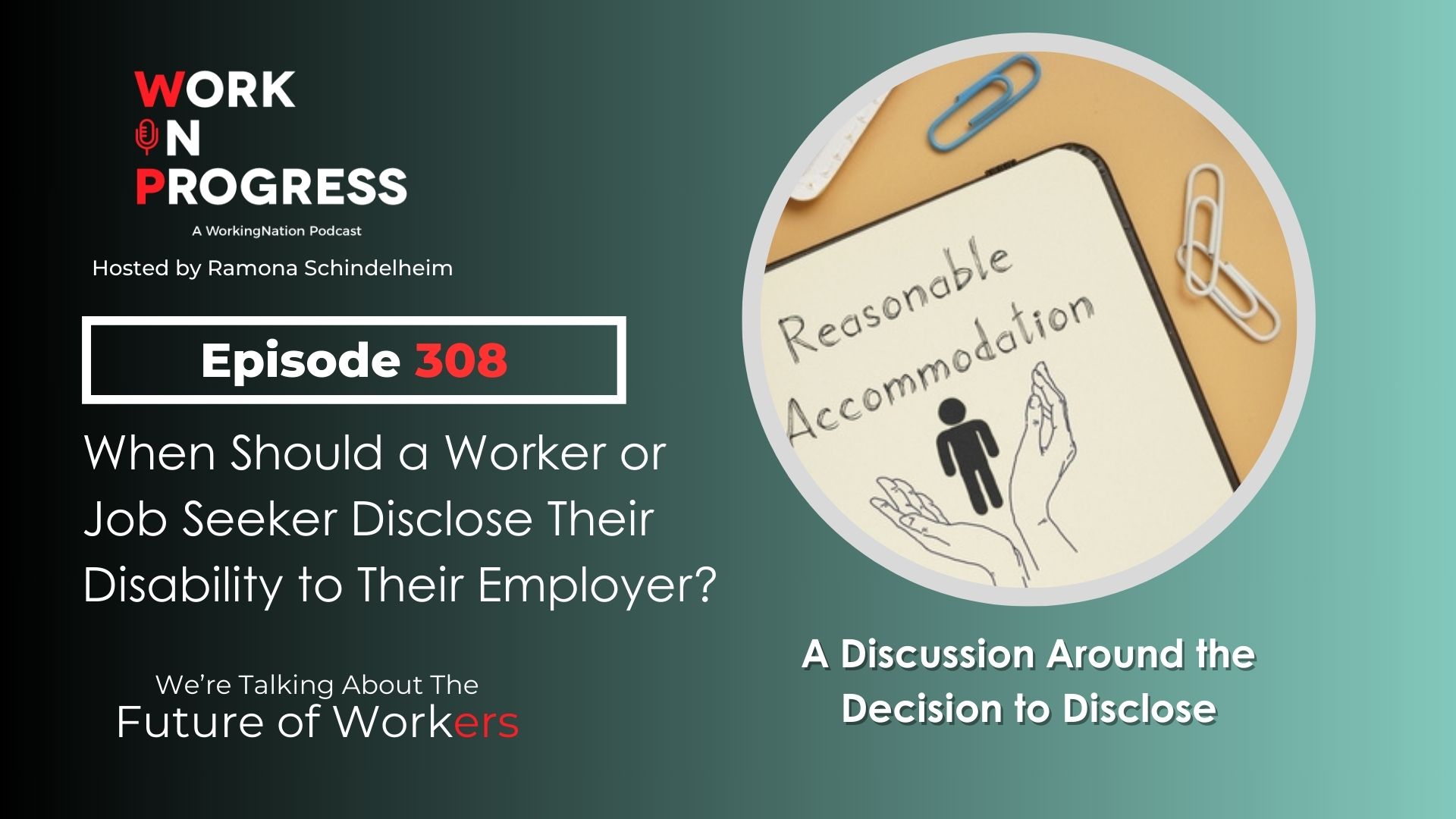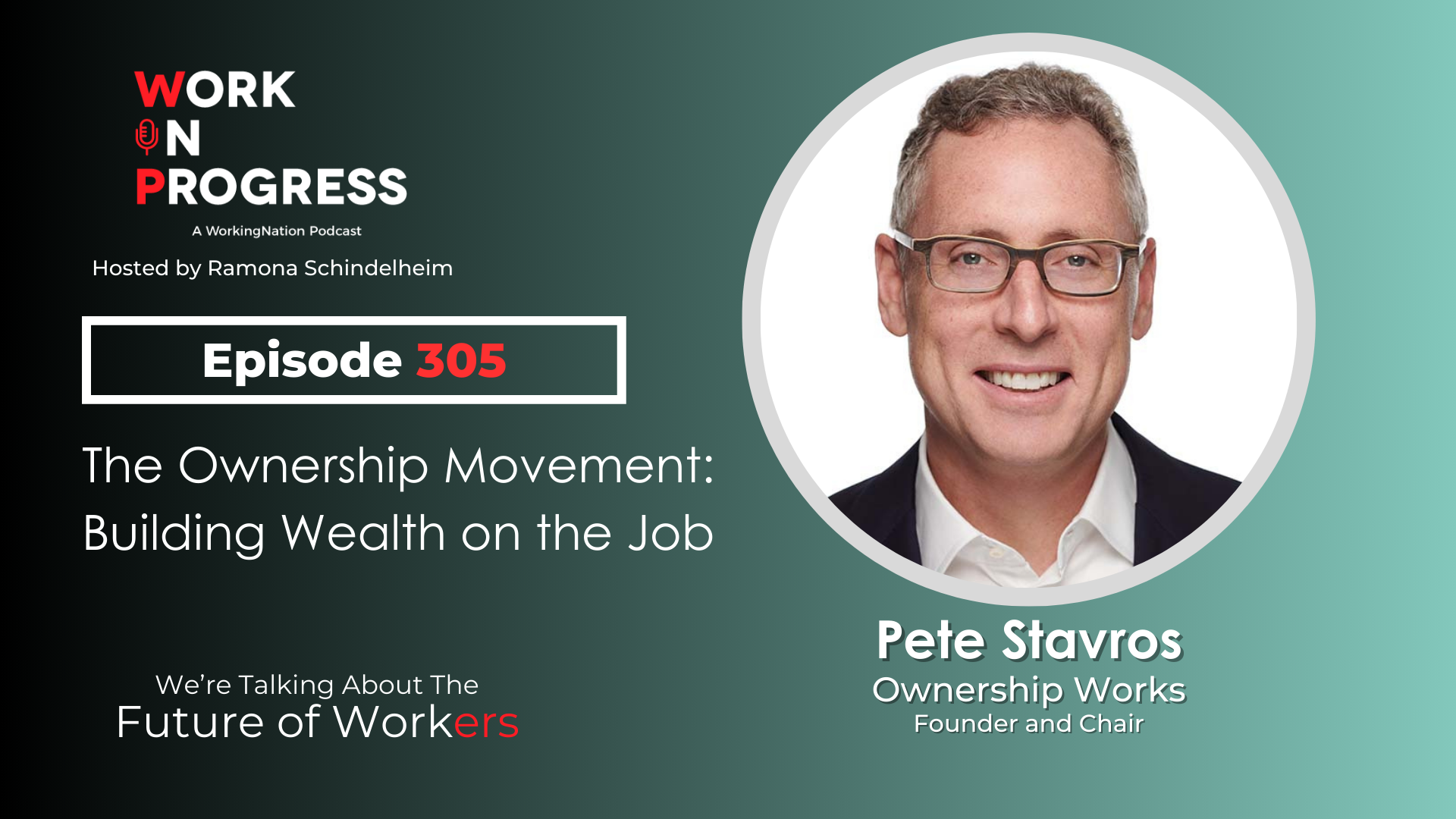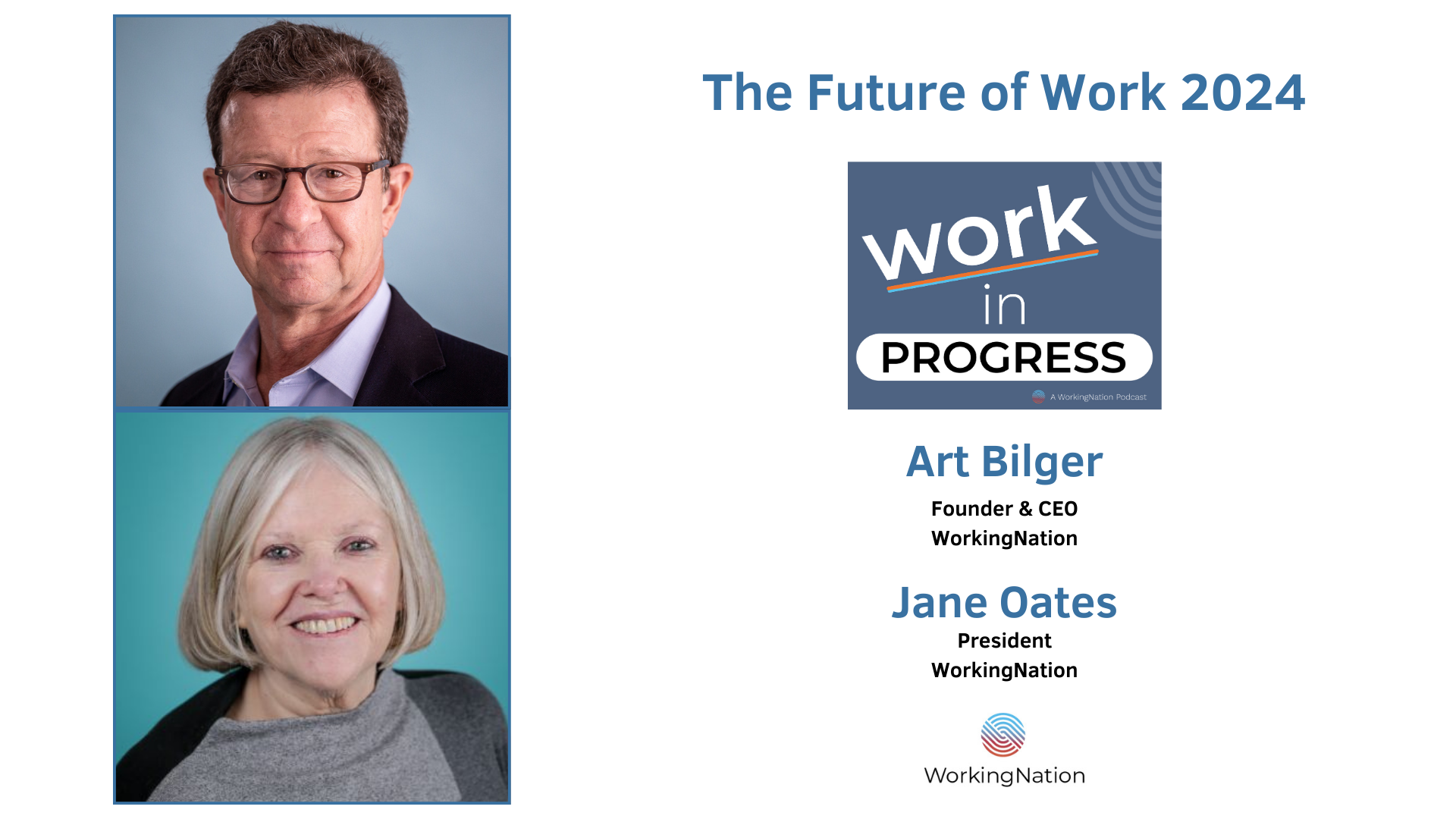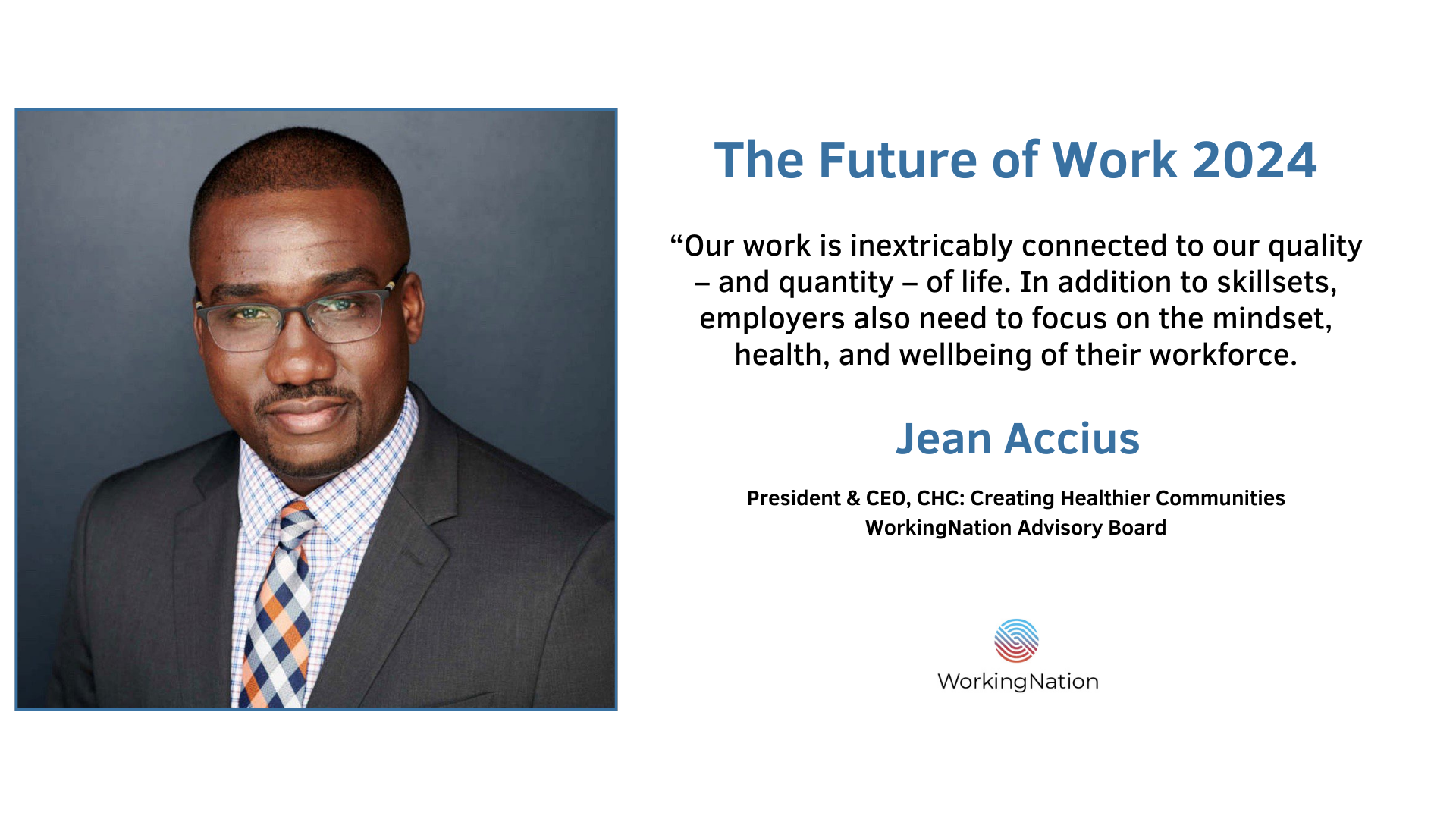
CEOs need to take the advice from this column. And HR directors will probably hope their CEOs read it, but probably won’t dare show this to them.
So why am I writing it, if the people who need to read this, don’t and won’t?
One of the focuses of my career dating back to doing house calls for founders, CEOs and their families is identifying the elephant in the room and bringing it out into the open where it finally be addressed.
I wrote this to identify an elephant in the middle of the C-suite (and Board, if they can get past their “don’t ask, don’t tell” me anything unless it about ROI point of view) and bring it out into the open.
At the very least I hope it will help lessen the stress on HR directors.
One of the reason’s I deeply sympathize with HR directors — and would never be one — is that they’re often between a rock (the CEO) and a hard place (stressed and distressed or complaining workers.) And they must always be aware of how workplace issues affect the bottom line.
In the wake of the #MeToo and #TimesUp movements, employees are learning that when companies face a crisis regarding abuse, harassment, or unfair discriminatory practices. They are seeing that HR departments can more faithful to protecting the company than being about human relations and what’s in the best interest of the employee.
RELATED STORY: Help yourself by overcoming your resistance to assistance
Being an HR director has plenty of stress already, especially when defending the company against valid claims. In doing the right (and legal) thing, they cannot win fans for their thankless work.
Add to this rumors of downsizing and layoffs and technology replacing jobs running rampant, which generates even more stress in managing the legitimate anxieties of workers.

Here is what your HR director wants you to know, but won’t tell you.
Dear CEO,
We’ve got a problem. A big problem.
There has been an increasing amount of reports of harassment, bullying, or at least inappropriate behavior complaints lodged against the company’s biggest rainmaker and you know it.
He’s also got you over a barrel, and he and you know that as well.
It’s something the Board needs to know, but they could be complicit too. Because if that person leaves, it will hurt the company in the short term and investors will not be happy.
Therefore, everyone in a position to bring this out in the open is keeping a lid on it. Behind the scenes, they are weighing the cost of a lawsuit and bad publicity versus having this essential employee leave.
It appears that relieving the company culture’s fear and loathing around this bad actor does not match the fear of what will happen to the company financially if he were to leave.
I know you’re in conversation with our labor attorneys to weigh the financial pros and cons of retaining this worker. I’ll admit, the competition would readily scoop them up. They may have a plan to protect the company by keeping him away from further trouble.
In hindsight, that is something we should have done, but didn’t and now the damage is done.
As for me, I am writing this letter and will probably not send it to you, because this is what you pay me to handle.
Yours truly,
Your hard-working (and maybe heavily-drinking after work) HR Director
What can you as an HR director do?
If the situation has already escalated and the bad news is out of the bag, it may be too late to do anything except damage control.
To remediate the problem, have the labor counsel, COO and HR director weigh the short-term and long-term benefits and costs of the various actions and then advise the CEO of them.
If harassment hasn’t happened yet.
As a general rule, it’s better to focus on the future before someone messes up and be proactive rather than reactive when people tend to blame, become defensive or make excuses.
To put that into effect before such matters present themselves, the HR director should meet with the CEO (and COO and labor attorney if possible). They should ask directly: “Going forward if I hear about anything in the harassment, abuse, hostile workplace, unfair labor practices arena that could potentially expose us to litigation what specifically do you want me to do?”
Next, follow up with this important question: “What can I rely on each of you to do?”
Then to reinforce their commitment to you, say: “This is much too important for me to have misunderstood anything you have said, so just to confirm let me repeat back what I heard.” Then repeat verbatim what they said and follow with, “Is that correct?” Then wait until they give you a confirmatory, “Yes.”
And if you are the CEO and have read this:
You have to search inside yourself and ask yourself what you stand for, won’t stand for and will stand up against. That will dictate what actions you take either proactively or reactively involving harassment or bullying.
The values in your company are not what you say or think; they are what you do in your day-to-day behavior and especially in your behavior during a crisis.
Join the Conversation: Share your thoughts on Dr. Goulston’s latest article on our Facebook page.
Dr. Mark Goulston is an award-winning business psychiatrist, a consultant for Fortune 500 companies and the best-selling author of seven books. His latest, Talking to Crazy: How to Deal with Irrational and Irresponsible People in your Life can be found on Amazon. Catch up on Dr. Goulston’s previous articles here.
Connect with Dr. Goulston through Facebook, Twitter, or LinkedIn. His books are available on Amazon. Check out his videos on YouTube or take advantage of free resources available at www.markgoulston.com.

